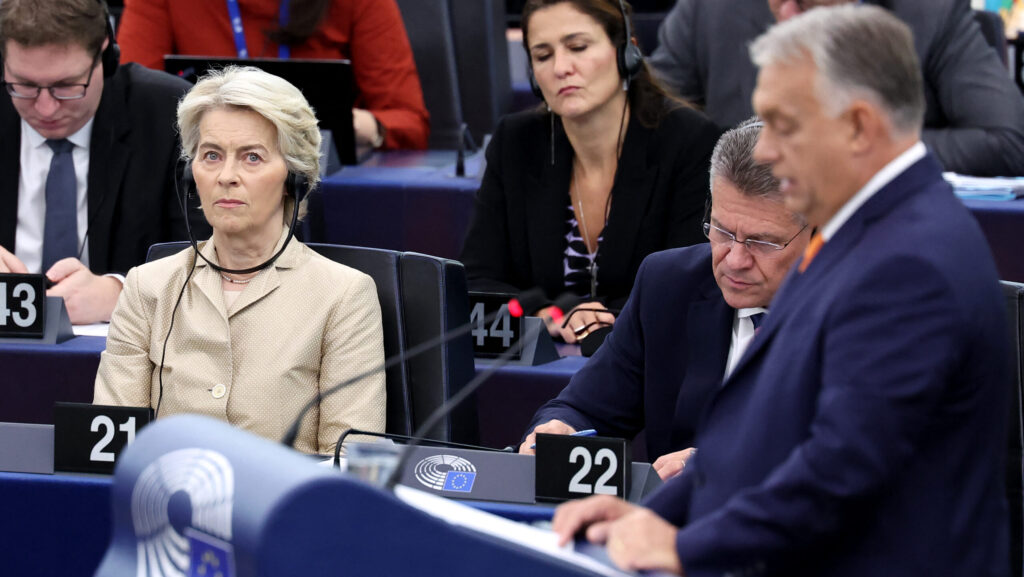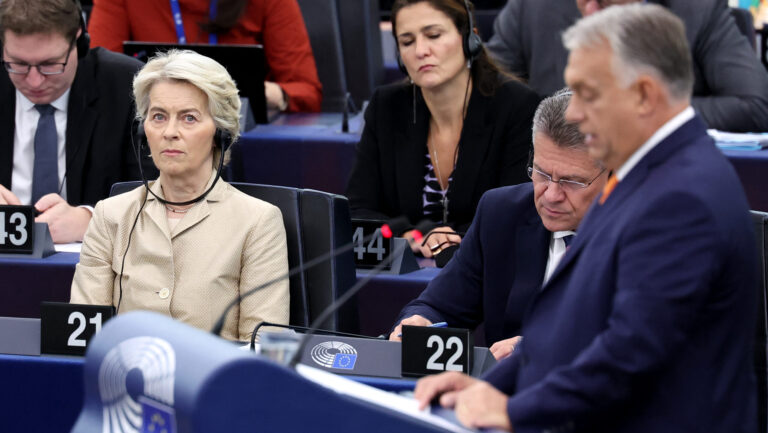As a result of consistent government measures, the amount of particulate matter (PM10) in the air has significantly decreased in recent years in Hungary. According to data from HungaroMet, air quality levels throughout the country meet the relevant EU standards, the Ministry of Energy (EM) announced on Sunday.
The ministry noted that even in the regions most negatively affected by pollution, the data shows a clear improving trend: the region around Pécs has met the PM10 pollution standards since 2018, the Budapest metropolitan area since 2020, and the Sajó Valley since 2023.
Compliance with limit values can only be achieved by reducing emissions, the ministry statement remarked, noting that this is a goal towards which Hungary has taken significant steps in recent years. In 2020, the government expanded the previous PM10 emission reduction programme by adopting the National Air Pollution Reduction Programme (OLP). This programme includes measures affecting industries, the energy sector, households, transport, and agriculture to achieve emission reduction targets, and it also serves as a guideline for sectoral regulations and support programmes. The ministry pointed out that implementing the measures set out in the programme will reduce environmental and health burdens by more than 50 per cent by 2030.
The ministry also recalled that the HungAIRy LIFE integrated project, launched in 2019, focuses on improving air quality in ten Hungarian municipalities, covering eight regions. Organizations participating in the project aim to protect air purity through various initiatives, including the development of a decision-support air quality modelling tool, reviewing air quality plans for affected municipalities, raising public awareness, conducting local pilot projects, and establishing a nationwide advisory network. As part of the project, new air pollution monitoring stations were installed in Békéscsaba and Kaposvár.
From July this year air quality protection has been placed under a unified professional management through the restructuring of the national meteorological service. HungaroMet has taken over supervision over the operation of the National Air Pollution Monitoring Network from the government.
Modernizing Homes for Lower Emissions
The ministry also emphasized that the energy efficiency modernization of residential properties significantly contributes to air quality goals. Programmes such as the home renovation support, which was available until the end of 2022, provided opportunities for energy efficiency and air quality-related investments. This year’s home renovation programme, which includes energy requirements, offers ongoing support for energy efficiency renovations and heating modernizations for family homes and terraced houses built before 1990.
A Complex Set of Measures
Other initiatives, such as the regulated-price firewood programme, the social firewood programme, the designation of zones protected from heavy traffic, the Green Bus programme, and electromobility developments, have also contributed to improving air quality indicators.
Additionally, the ministry has set stricter emission limits for certain toxic air pollutants from industrial plants, lowering thresholds to the stricter German levels, which are significantly below EU requirements. As a result, environmental authorities can enforce limits that are half or even a fifth of the previous levels, regardless of the type of activity.
Awareness-Raising Remains Important
The government remains committed to the continuous reduction of pollutant emissions and improving ambient air quality. However, achieving long-term results requires starting education and awareness programmes at an early age, which the government actively supports. Among these programmes, the ‘Borrowed Air’ and ‘Everyday Air’ initiatives stand out, in which thousands of primary and secondary school children have already learned about air quality and ways to combat air pollution, according to the ministry’s statement.
Related articles:







